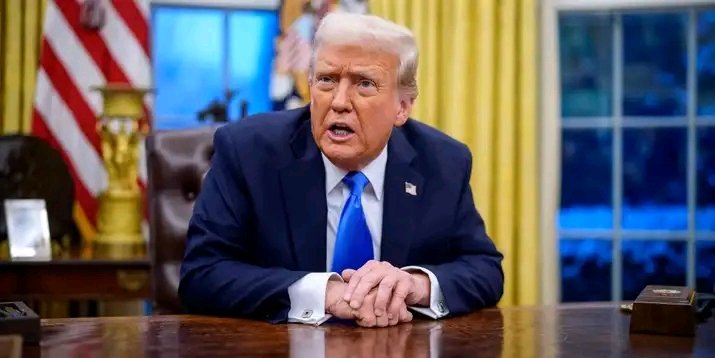In a significant escalation of tensions between the Trump administration and Harvard University, the U.S. Department of Homeland Security (DHS) has revoked Harvard’s certification to enroll international students under the Student and Exchange Visitor Program (SEVP). This decision, announced on May 22, 2025, affects approximately 6,800 international students currently enrolled at the university, who now face the prospect of transferring to other institutions or losing their legal immigration status.
DHS Secretary Kristi Noem cited several reasons for the revocation, including allegations that Harvard allowed individuals with anti-American and pro-terrorist ideologies to disrupt campus life. The administration also accused the university of collaborating with the Chinese Communist Party by hosting paramilitary members. These claims have been met with skepticism and concern from various academic and civil rights communities.
Harvard University has strongly condemned the DHS action, labeling it as “unlawful” and retaliatory. University spokesperson Jason Newton emphasized the essential contributions of international students to Harvard’s community and stated that the institution is actively seeking to support affected students and maintain its global educational mission.
This move is part of a broader campaign by the Trump administration against Harvard, involving over $2.7 billion in funding freezes and potential revocation of the university’s tax-exempt status. In April 2025, the administration froze $2.3 billion in federal research funding for Harvard and demanded changes in policies about curriculum, hiring, and admissions, including hiring a third party acceptable to the administration to audit “viewpoint diversity.” Harvard rejected these demands, calling them an illegal overreach of government authority.
The revocation of SEVP certification has prompted legal challenges. A federal judge in California has blocked the administration from revoking legal status for international students nationwide while litigation is ongoing. This legal intervention provides temporary relief to the affected students and underscores the contentious nature of the administration’s actions.
As the situation unfolds, the academic community and civil rights organizations continue to monitor developments closely. The outcome of this conflict may have far-reaching implications for university autonomy, immigration policy, and the rights of international students in the United States.
